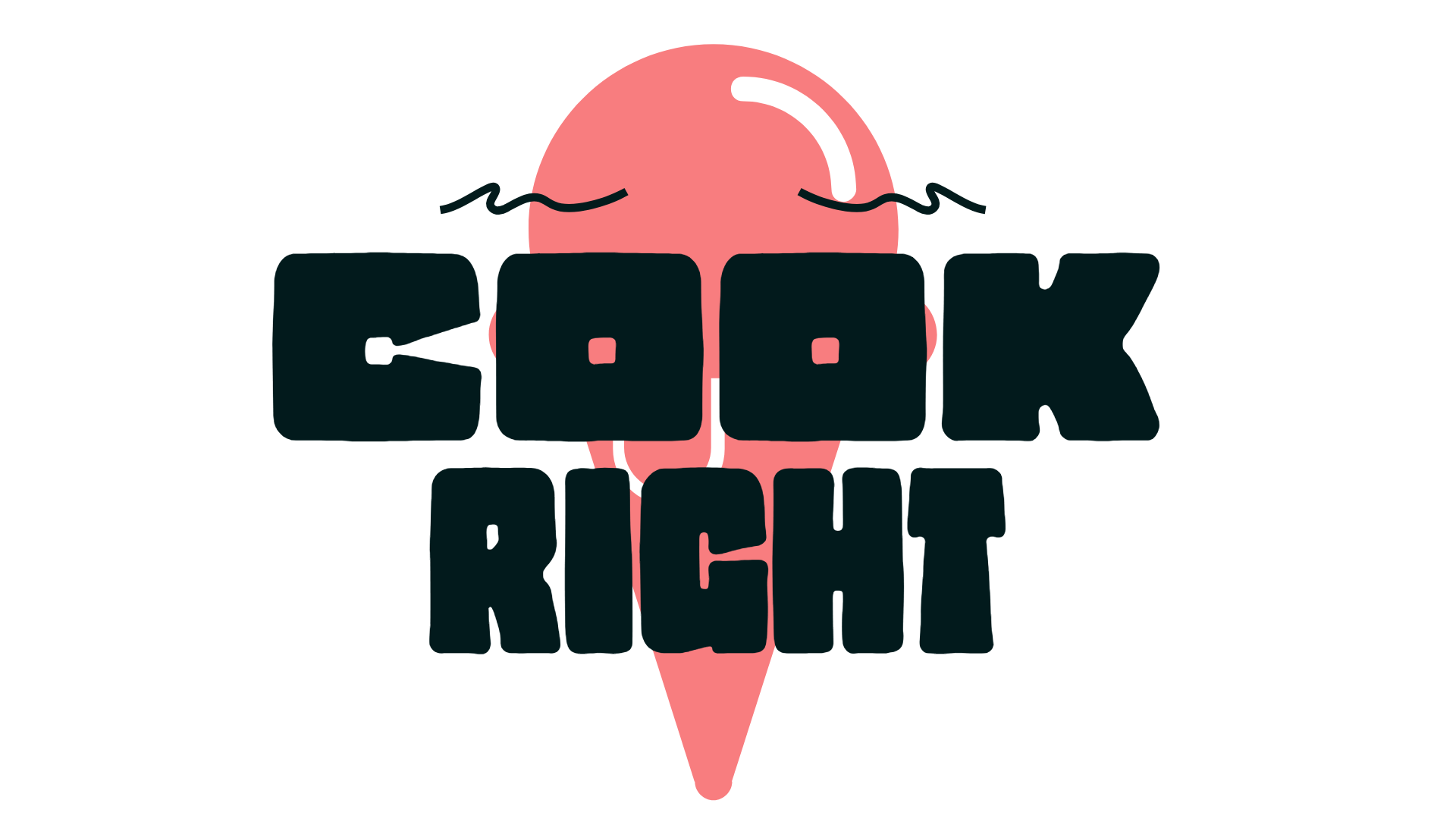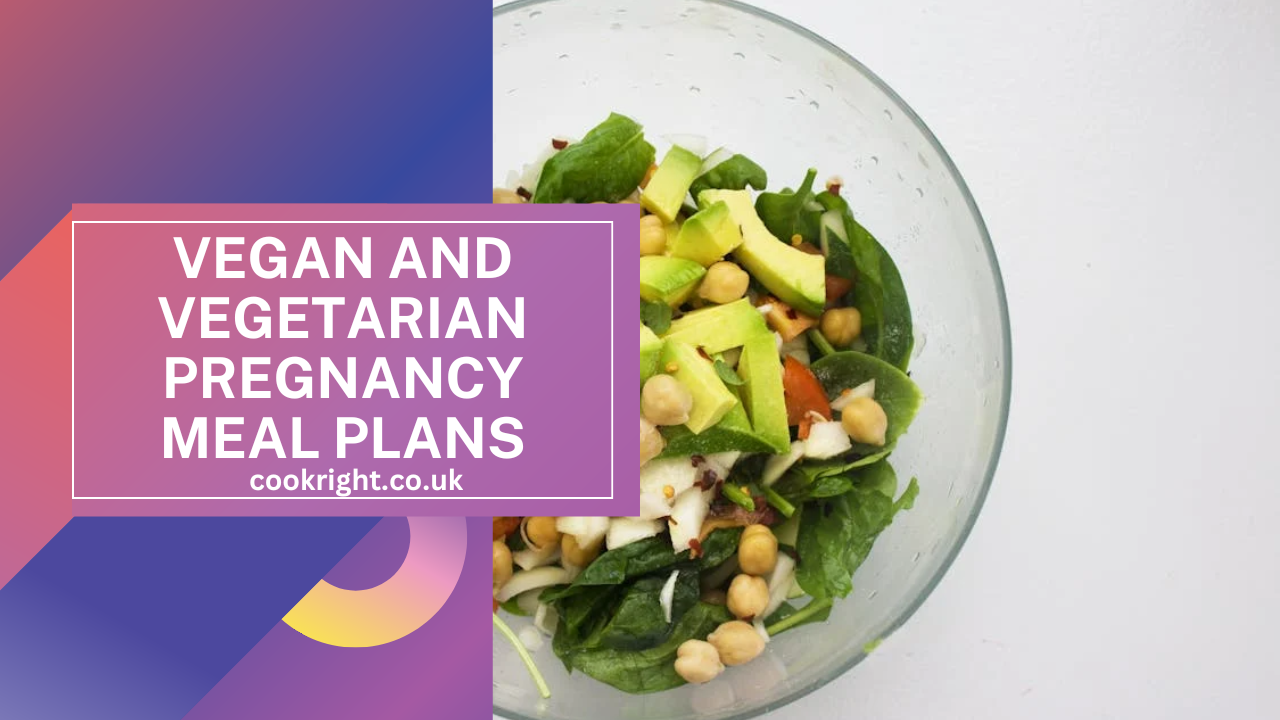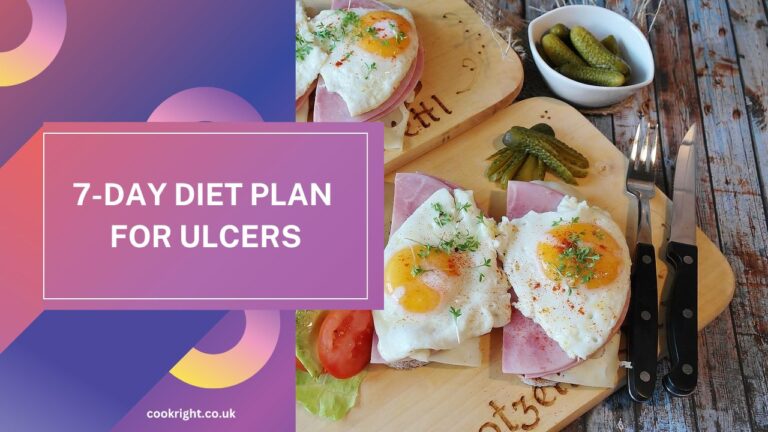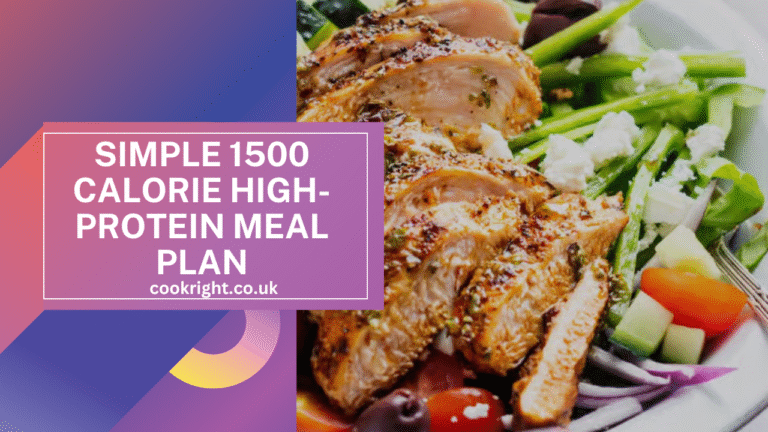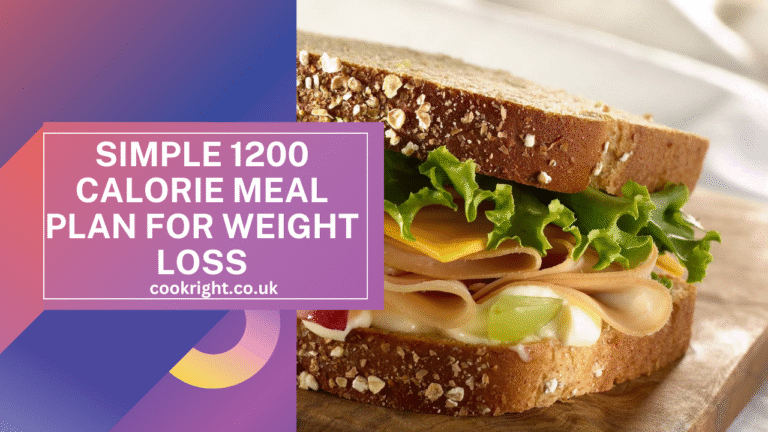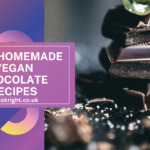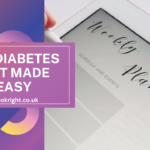Pregnancy is an exciting time, but it also comes with a heightened focus on nutrition to ensure both the mother and the baby are receiving the necessary nutrients for optimal health. If you follow a vegan or vegetarian diet, it’s absolutely possible to have a healthy pregnancy with the right planning and knowledge. This guide will walk you through the essentials of vegan and vegetarian pregnancy meal plans, highlighting key nutrients, meal ideas, and tips to maintain a balanced diet.
Key Nutrients to Focus On
Both vegan and vegetarian diets can be nutritionally complete during pregnancy, but there are certain nutrients that require extra attention:
- Protein: Essential for the growth and development of the baby. Aim for plant-based protein sources like lentils, beans, tofu, tempeh, quinoa, nuts, and seeds.
- Iron: Crucial for making more blood to supply oxygen to your baby. Plant-based sources include lentils, chickpeas, beans, fortified cereals, spinach, and pumpkin seeds. Pair these with vitamin C-rich foods like citrus fruits to enhance absorption.
- Calcium: Important for developing strong bones and teeth. Good sources include fortified plant milks, leafy greens, tofu, almonds, and sesame seeds.
- Vitamin B12: Vital for nervous system development. For vegans, B12 must be obtained through fortified foods or supplements as it is naturally found in animal products.
- Omega-3 Fatty Acids: Essential for brain and eye development. Sources include flaxseeds, chia seeds, hemp seeds, and algae-based supplements.
- Folate: Helps prevent neural tube defects. Found in leafy greens, lentils, chickpeas, and fortified foods.
- Vitamin D: Important for bone health and immune function. Sources include fortified foods or supplements, as it’s hard to obtain enough from sunlight and food alone.
- Iodine: Important for thyroid function and brain development. Vegan sources include iodized salt and seaweed in moderation.
Vegan Pregnancy Meal Plan
Breakfast:
- Option 1: Smoothie with spinach, banana, chia seeds, almond milk, and a scoop of protein powder.
- Option 2: Oatmeal topped with berries, flaxseeds, and almond butter.
- Option 3: Tofu scramble with mixed vegetables and whole-grain toast.
Lunch:
- Option 1: Quinoa salad with black beans, corn, avocado, and a lime-cilantro dressing.
- Option 2: Lentil soup with whole-grain bread.
- Option 3: Buddha bowl with brown rice, roasted chickpeas, broccoli, sweet potato, and tahini dressing.
Dinner:
- Option 1: Stir-fry with tofu, mixed vegetables, and soba noodles in a tamari sauce.
- Option 2: Vegan curry with chickpeas, spinach, and brown rice.
- Option 3: Stuffed bell peppers with quinoa, black beans, and tomato sauce.
Snacks:
- Hummus with carrot and cucumber sticks
- Fruit salad with nuts
- Energy balls made with dates, oats, and seeds
Supplements:
- Prenatal vitamin including B12, iron, vitamin D, and DHA (algae-based)
Vegetarian Pregnancy Meal Plan
Breakfast:
- Option 1: Greek yogurt parfait with granola, mixed berries, and chia seeds.
- Option 2: Scrambled eggs with spinach, tomatoes, and whole-grain toast.
- Option 3: Smoothie with kale, banana, Greek yogurt, and flaxseeds.
Lunch:
- Option 1: Caprese salad with fresh mozzarella, tomatoes, basil, and whole-grain bread.
- Option 2: Veggie wrap with hummus, cucumber, bell peppers, and feta cheese.
- Option 3: Minestrone soup with a side of whole-grain crackers.
Dinner:
- Option 1: Vegetable lasagna with ricotta and spinach.
- Option 2: Stir-fry with tempeh, mixed vegetables, and brown rice.
- Option 3: Eggplant Parmesan with a side salad.
Snacks:
- Cheese and whole-grain crackers
- Hard-boiled eggs
- Smoothie with spinach, pineapple, and yogurt
Supplements:
- Prenatal vitamin including B12, iron, and DHA
Tips for a Healthy Vegan and Vegetarian Pregnancy
- Plan Ahead: Ensure that your meals include a variety of foods to cover all nutrient bases.
- Consult with a Healthcare Provider: Work with a dietitian or healthcare provider who is knowledgeable about vegan and vegetarian diets during pregnancy.
- Stay Hydrated: Drink plenty of water throughout the day to support overall health.
- Listen to Your Body: Pregnancy can change your appetite and food preferences. It’s okay to adjust your meals as needed.
- Monitor Nutrient Intake: Regular blood tests can help ensure you’re not deficient in critical nutrients like iron, B12, and vitamin D.
Final Thoughts
A vegan or vegetarian pregnancy can be healthy and nutritionally complete with careful planning and attention to key nutrients. By incorporating a wide variety of whole foods, fortified products, and supplements when needed, you can support your health and your baby’s development throughout your pregnancy journey.
Always consult with your healthcare provider to tailor the meal plan to your specific needs and circumstances. Happy and healthy eating!
